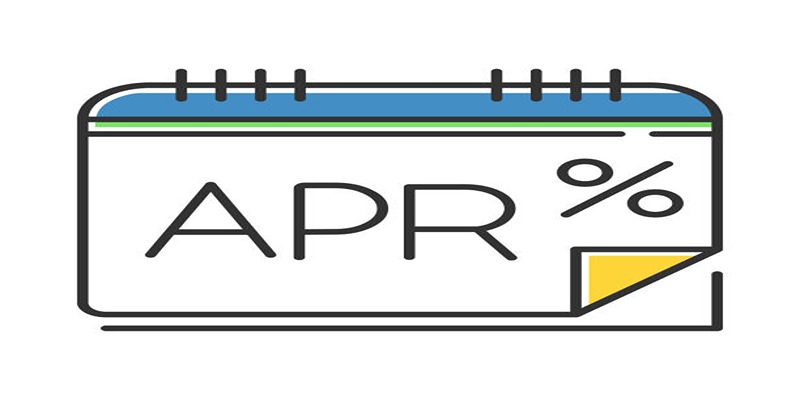All You Need to Know About Advance Payments of the Premium Tax Credit
Navigating taxes can feel like wandering through a labyrinth, especially when it comes to advanced payments of the premium tax credit. But fear not! In this guide, we'll simplify the complexities, helping you understand what advance payments are, how to reconcile them, and ultimately, how to stay on the right side of the IRS.
What are Advance Payments of the Premium Tax Credit?
Let's take a closer look at how advance payments work. Upon enrolling in a health insurance plan on the Health Insurance Marketplace, you may qualify for the premium tax credit based on your household size and income. This credit is intended to help offset the cost of monthly premiums, making health insurance more affordable for those with limited financial resources.
Advance payments are a way to receive this credit in advance rather than waiting until you file your taxes at the end of the year. The amount of advance payments you qualify for is based on an estimate of your income for the upcoming year, provided when you apply for coverage through the Marketplace. These payments are then sent directly to your insurance company to lower your monthly premium costs.
Reconciling Advance Payments
Now, let's talk about what happens when tax season rolls around. Since advance payments are based on an estimate of your income, it's crucial to reconcile them with your actual income for the year to ensure accuracy. This process is done using Form 8962 when you file your taxes.

Based on your real income, Form 8962 assists in determining if you received the correct amount of premium tax credit. If your actual income is higher than the estimate used to calculate your advance payments, you may have received more credit than you're eligible for. In this case, you'll need to repay the excess amount when you file your taxes. On the other hand, if your actual income is lower than the estimate, you may be entitled to additional credit, which could result in a refund.
Avoiding Surprises at Tax Time
To avoid any surprises or potential tax liabilities, it's crucial to keep the Marketplace updated with any changes to your income or family size throughout the year. Events in your life that may affect your eligibility for the premium tax credit and the amount of advance payments you get include marriage, divorce, having a child, and changing jobs.
By promptly reporting these changes to the Marketplace, you can ensure that your advance payments accurately reflect your current circumstances. This proactive approach can help prevent overpayments or underpayments of the premium tax credit, reducing the likelihood of owing money or missing out on potential credits when you file your taxes.
Seeking Assistance
If you find yourself feeling overwhelmed or confused by the process of reconciling advance payments, don't hesitate to seek assistance. The IRS offers a variety of resources online, including publications and guides, to help taxpayers understand their rights and obligations regarding the premium tax credit.
Additionally, tax professionals and certified enrollment assisters are available to provide personalized guidance and support. Whether you prefer to seek assistance online, over the phone, or in person, there are resources available to help you navigate the process with confidence and peace of mind.
Planning for the Future
As with any aspect of personal finance, planning ahead is key when it comes to managing advance payments of the premium tax credit. By staying informed about the process, keeping your information up to date, and seeking assistance when needed, you can make the most of this valuable resource while minimizing potential pitfalls.
Remember, advance payments can provide much-needed relief for individuals and families struggling to afford health insurance. By understanding how they work, reconciling them accurately, and staying proactive in managing your coverage, you can navigate this aspect of the tax system with confidence and peace of mind.
Exploring the Benefits of Advance Payments of the Premium Tax Credit
Advance payments of the premium tax credit aren't just a bureaucratic necessity; they offer tangible benefits that can make a real difference in the lives of individuals and families. Let's take a closer look at some of the perks associated with advance payments and how they can positively impact your financial well-being.
Immediate Financial Relief
One of the most significant advantages of advance payments is the immediate financial relief they provide. By reducing your monthly health insurance premiums, advance payments help make coverage more affordable, freeing up valuable funds that can be used for other essential expenses such as housing, groceries, or utilities.

This extra breathing room can alleviate financial strain and improve overall financial stability for those living on a tight budget.
Access to Comprehensive Coverage
For many individuals and families, access to comprehensive health insurance coverage is essential for maintaining their well-being and peace of mind. Advance payments make it easier for eligible individuals to afford coverage through Health Insurance.
Marketplace, ensuring access to essential health services such as preventive care, prescription medications, and treatment for unexpected illnesses or injuries. By lowering the barrier to entry, advance payments help promote healthier communities and reduce the burden on public health systems.
Protection Against Financial Hardship
Healthcare costs can quickly escalate, especially in the event of a medical emergency or chronic health condition. Advance payments offer a layer of financial protection by reducing the out-of-pocket expenses associated with health insurance premiums.
This added security can provide peace of mind, knowing that you're covered in the event of an unexpected medical issue, helping to prevent financial hardship and avoid medical debt that could otherwise derail your financial stability.
Conclusion
Advance payments of the premium tax credit can provide much-needed relief for individuals and families struggling to afford health insurance. However, it's essential to understand how these payments work, how to reconcile them accurately, and how to avoid surprises at tax time. By staying informed, proactive, and seeking assistance when needed, you can navigate this aspect of the tax system with confidence and peace of mind.












